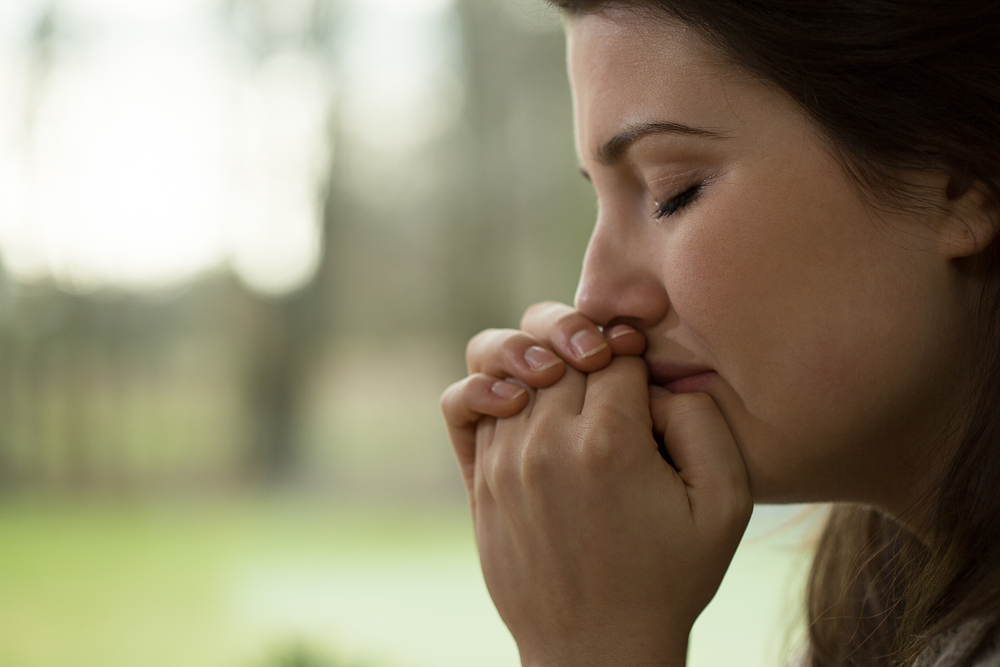Here we take a look at some useful information regarding types of eating disorders and what teachers may observe in schools.
What is an eating disorder?
Eating disorders are classed as a mental illness affecting both males and females of any age, physically, psychologically, and socially. People suffering from an eating disorder may have an obsession about their appearance, weight and body shape which can lead to issues over their food intake. Types of eating disorder and their traits include:
Anorexia traits:
- obsession with being thin,
- irrational fear of gaining weight,
- distorted body image
- keep body weight as low as possible
- starving themselves
- ‘purge’ where they try to remove calories from their body.
Bulimia traits:
- binge eating then make themselves sick,
- abuse laxatives or
- exercise excessively
- purging
- obsessive need to control food intake and can be triggered by stress, anxiety or hunger. Bulimia can be harder to spot than anorexia because often, someone with bulimia stays a ‘normal’ weight.
Binge eating disorder (BED) traits:
- binge eating on a regular basis
- eat big portions of unhealthy food in one sitting
- likely to be obese (they don’t try to get rid of consumed calories like the other E.D.s)
Eating disorders not otherwise specified (EDNOS) traits
- Can be like another E.D. but not quite meet the diagnostic criteria
- Can involve issues with textures or types of food
What teachers may observe in school if a pupil has eating issues or a disorder:
- excessive exercising
- cutting food into tiny pieces
- hiding food
- if made something in cookery class, will not eat it
- Wanting to eat alone or in secret,
- may avoid lunchtimes by keeping themselves busy in another activity
- Wearing baggy clothes
- Wearing clothes inappropriate for weather to burn more calories when cold
- going to the toilet immediately after eating
- May refuse to weigh themselves/appear very anxious if part of a class activity
- Abnormally low or high weight
- Tiredness, may appear to lack concentration in class
- Complain of feeling cold
- Stomach pains
- Dizziness or feeling faint
- Scars on their fingers, knuckles or the back of their hand from making themselves sick
- Preoccupied with calories in food
- guilty after eating
- signs of self-harm.
People with an eating disorder may have a strong sense of shame, guilt and denial and requires specialist help. Signpost if you are approached for help and make sure people are aware of charitable organisations and resources where pupils can go for support, as a general way to reach those too ashamed to ask for help, as this is an extremely common experience.



